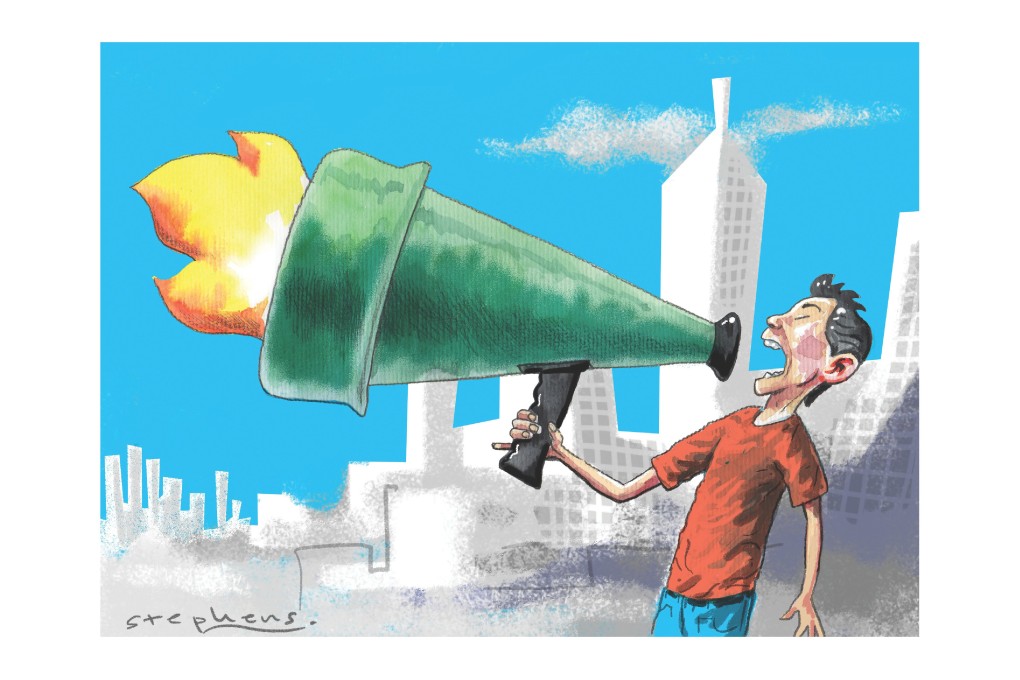Democracy is best way for Hong Kong to avoid a 'bad emperor'
Wilson Leung says that while democracy is indigestible for many, it is the best system for Hong Kong society to progress as a whole

You can't eat democracy." This is the attitude - sometimes expressed, but usually lurking beneath the surface - held by many of those in Hong Kong who are indifferent to the current debate on the chief executive electoral reforms.
This is a vital issue that must be addressed by those who are calling for greater democracy in Hong Kong. Democracy advocates have a responsibility to answer the question posed by the ordinary man or woman on the street: "What does democracy have to do with me?"
One of the most important features of democracy is accountable government. When free and fair elections are in place, those in government know that, unless they are responsive to the needs and wishes of the people, they will be voted out in the next election. Thus, a study in Brazil conducted in 2010 showed that mayors looking for re-election became significantly less corrupt (in other words, less likely to steal from their constituents).
But elections are only part of the equation. Other ingredients are also essential, most notably, human rights (including freedom of the press and freedom of political participation), the rule of law and an independent judiciary. These elements act as a check against the excesses of the government, even one which is elected by a majority.
In the same way that companies in a capitalist system have an economic incentive to keep their customers satisfied, decision-makers in a democratic system have a political incentive to take into account the needs, interests and opinions of most people in society. If they fail to do so, they will be criticised in the press, probed by civil society groups, sued in the courts - or given the ultimate sanction of being ejected from office.
The Nobel Prize-winning economist Amartya Sen has pointed out that no substantial famine has ever occurred in an independent country with a democratic form of government and a free press. In his words, "A responsive government intervenes to help alleviate hunger." By contrast, Sen cites numerous examples of famines occurring in non-democratic countries, where disastrous government policies went unchecked because there was no opposition party, no free press, and no multiparty elections (for example, the Soviet Union in the 1930s, China's Great Leap Forward in 1958-61, and Sudan in 1998). In a similar vein, political scientists Matthew Baum and David Lake have found that democracies are markedly superior to authoritarian countries in providing public services such as health and education.
Among other things, democratisation in developing countries increased female life expectancy, while enhancing democracy in more developed economies improved female secondary school enrolment rates.
